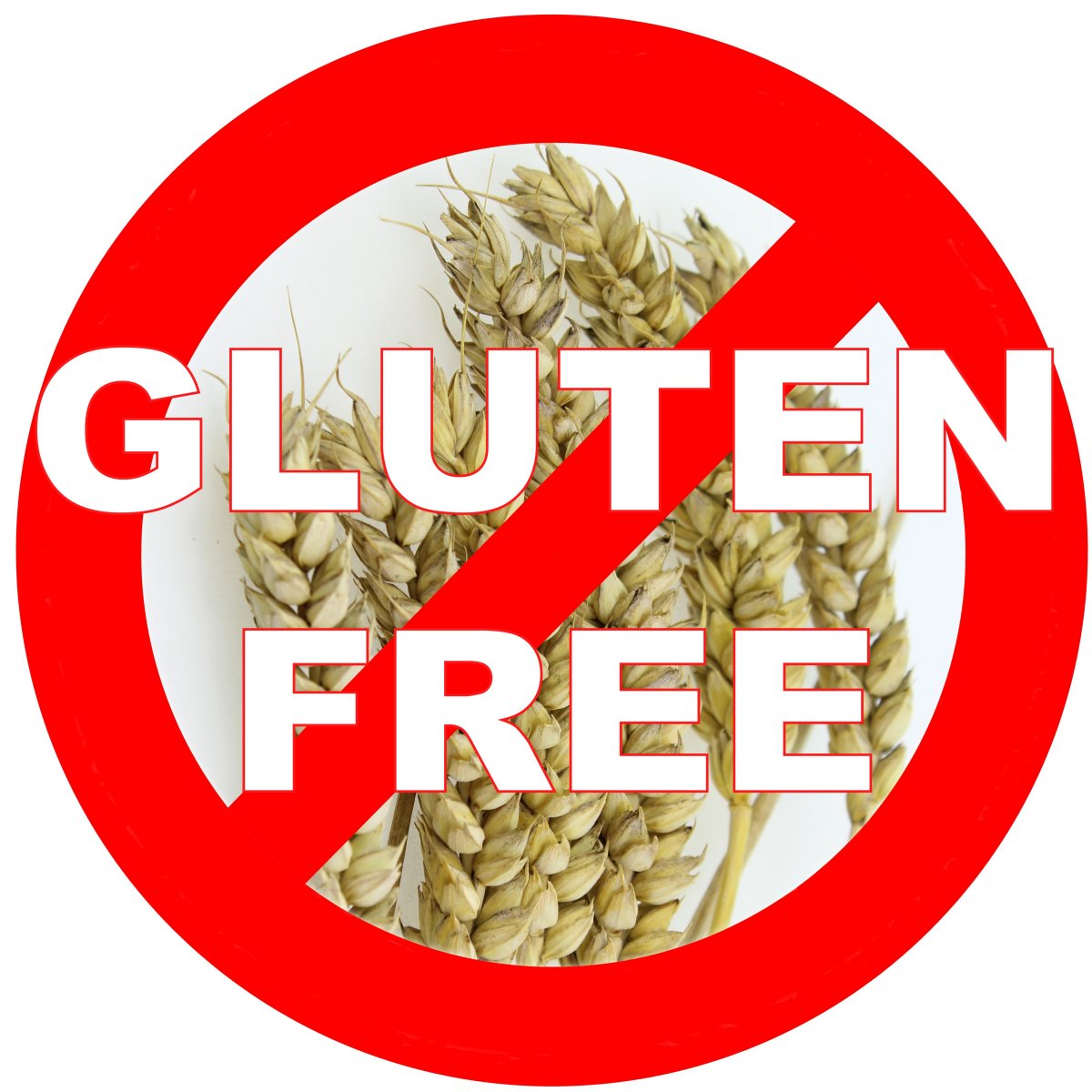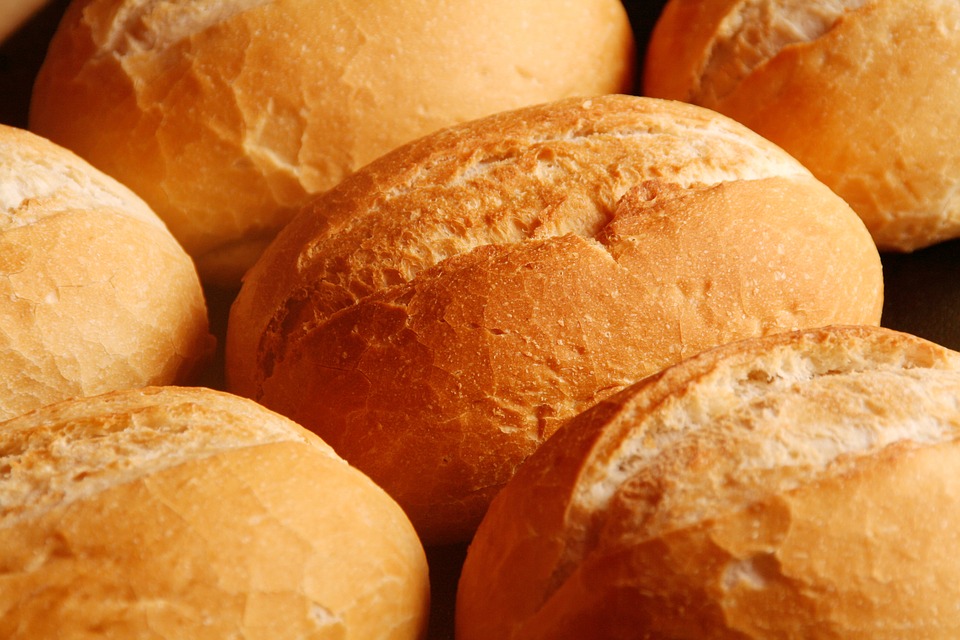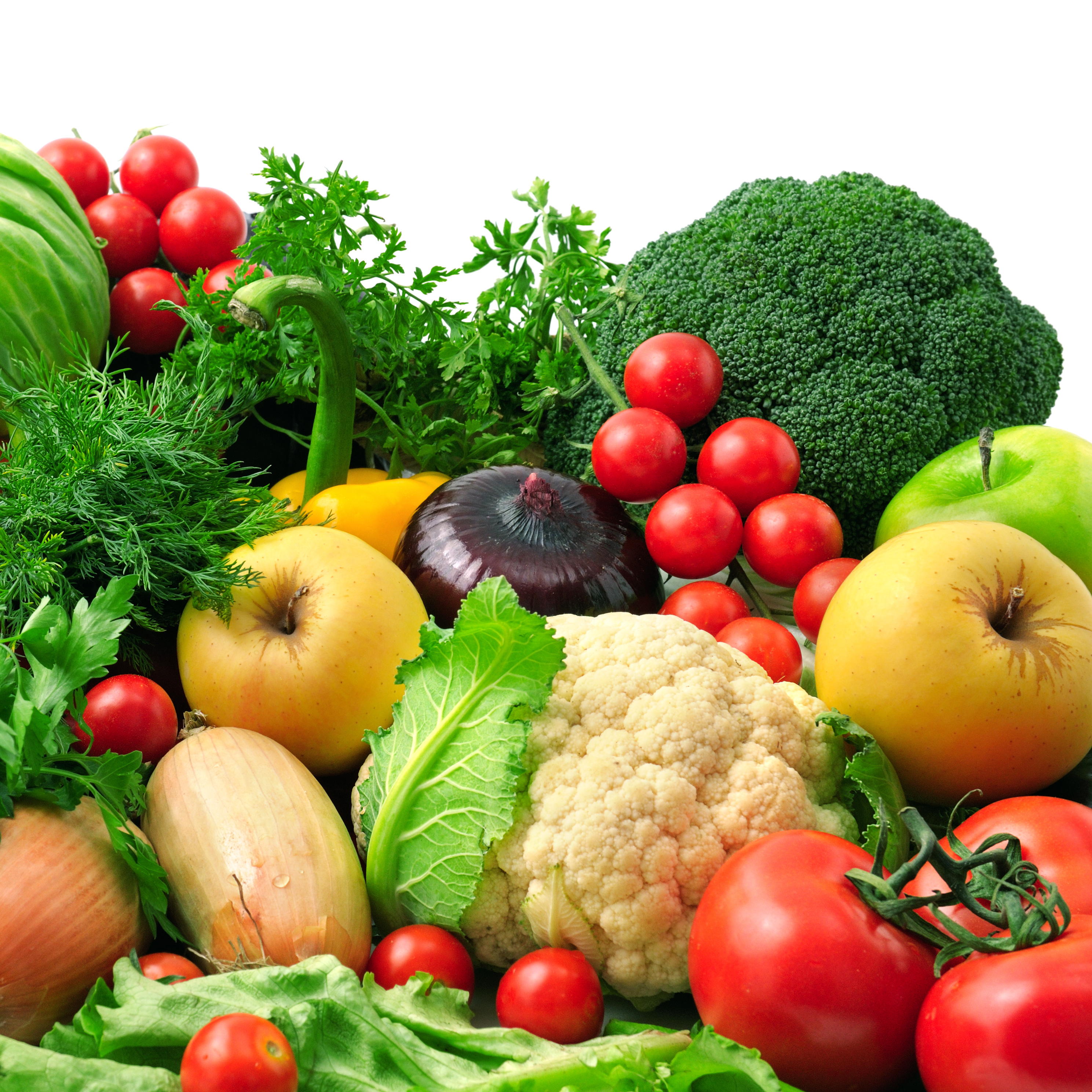Thinking about eliminating gluten from your diet? Make sure you’re well informed before making the change!
- Your Personal Reason for Going Gluten Free – Choosing to cut gluten from your diet is a deeply personal and serious choice. It’s often labelled as a fad diet or a quick fix, but being successfully gluten free takes long term dedication and commitment.
- That it is the Right Choice for You – It is not easy to go gluten free! It is a serious commitment that requires dedication and thought at every meal. With gluten intolerance and Celiac, you must be diligent with every bite you take. It is not a choice to be made lightly or without serious thought.
- What Gluten is – Gluten is a protein found in wheat, rye, and barley; it acts as a glue by helping foods maintain their shape.
- Gluten Free is Not Always Healthier – A common misconception with a gluten free diet is that it’s synonymous with “healthy.” Though cutting out gluten has numerous health benefits, it is not necessarily a highway to vitality. Oftentimes, we forget that many gluten free products are more processed and have more additives than their glutenous counterparts.
- How Much Unnecessary Gluten is in Food – Before it is brought to their attention, most people will never notice how much unnecessary gluten is in their food. Many think going gluten free is as simple as switching to rice based breads and pastas, with no regard for more obscure sources of gluten. Wheat is an additive in many processed foods because it is a cheap and effective binder.
- Cross Contamination – When it comes to Celiac and gluten intolerance, even miniscule amounts of gluten can have a devastating effect on the digestive system. Cross contamination is a never ending battle for Celiacs. You must be constantly vigilant about in both your own kitchen and outside of it. Something as seemingly innocuous as a knife used to slice a bagel, a baking sheet used to bake cookies, or a toaster can be a catalyst for an attack.
- The Added Difficulties of Baking/Cooking Without Gluten – One of the main complaints of the gluten intolerant is how hard it is to make baked goods taste how they are used to. The truth is, gluten free baking takes more effort, more trial and error, and more guesswork. You have to play around with what works best for you and figure out your preferences.
- Celiac Disease Vs. Gluten Intolerance – Celiac disease is a genetic, autoimmune disorder characterized by a reaction to the ingestion of gluten. Gluten intolerance is not well defined, as there are no tests for it, it is only characterized by a reaction to gluten. Gluten intolerance is much more common than Celiac. As we age, food intolerances begin to contribute more issues to our overall well being including fatigue, digestive issues, skin irritations, etc.
- Focus on Foods That are Naturally Gluten Free – Fruits, vegetables, meats, dairy, nuts, and eggs are all naturally gluten free! Instead of devoting yourself to gluten free substitutes, focus on the whole, pure foods you already enjoy in your diet.
- Try Not to Dwell on Your Limitations – The first thing that comes to mind after being diagnosed with an allergy or intolerance is all of the things that you can no longer eat. It’s natural, of course, to get stuck on your restrictions, but going sans gluten opens up an entirely new culinary world!







Leave A Comment